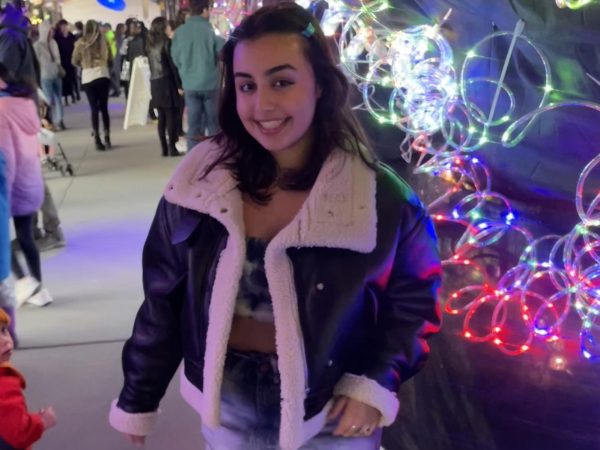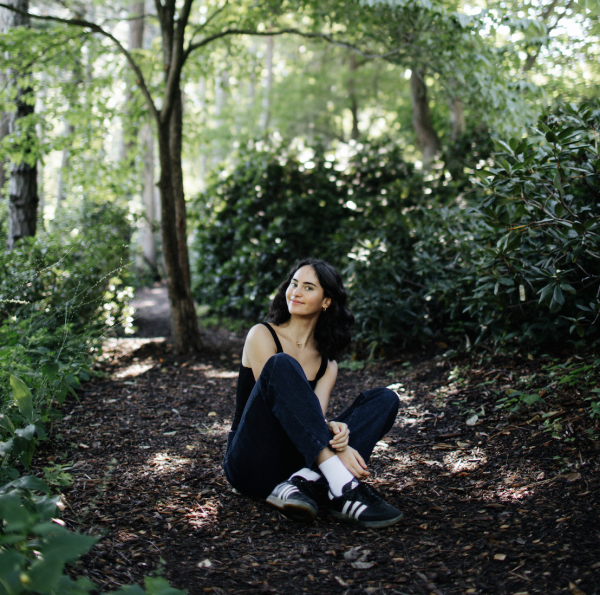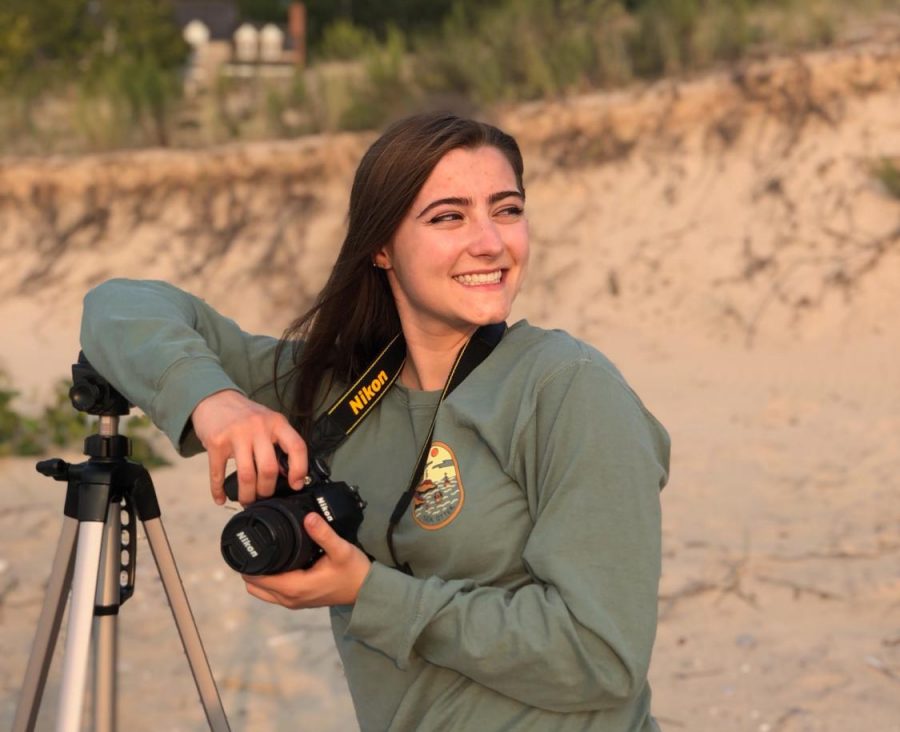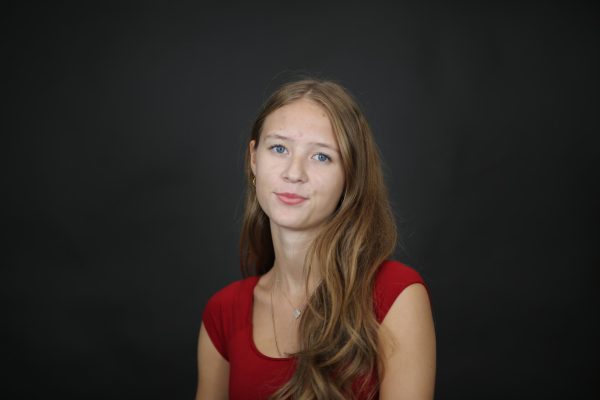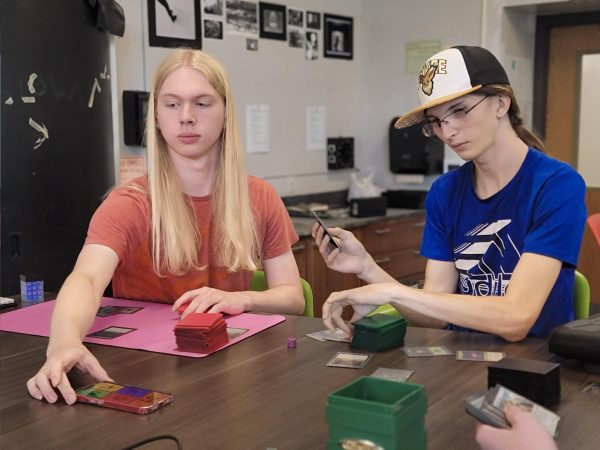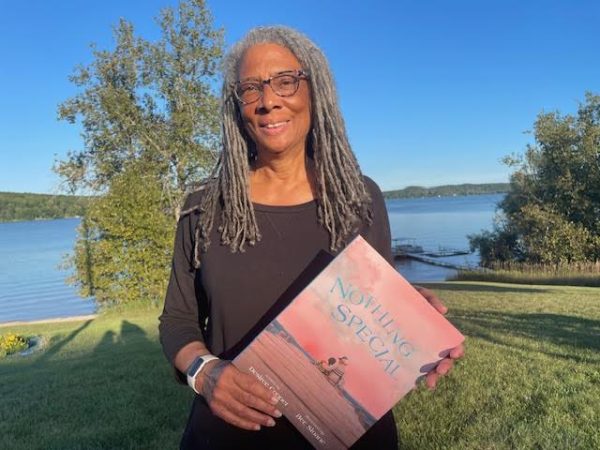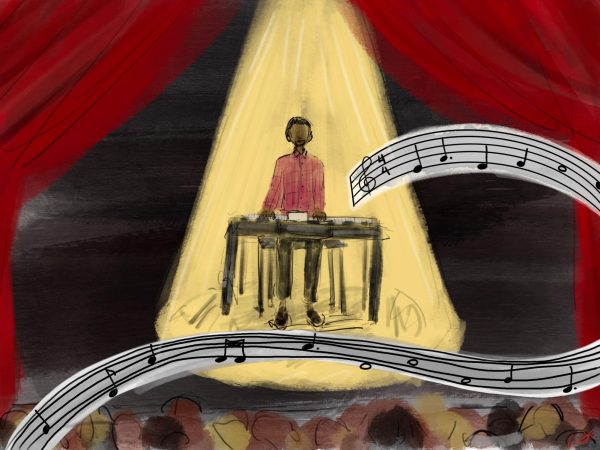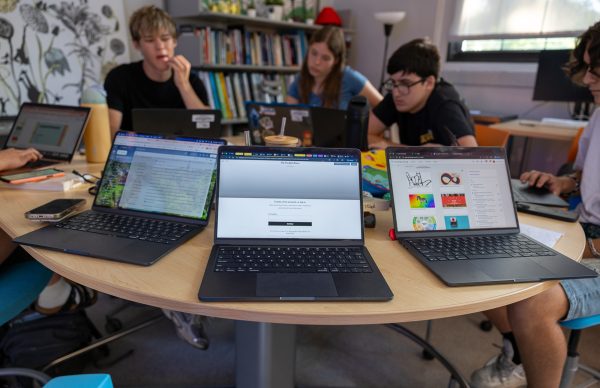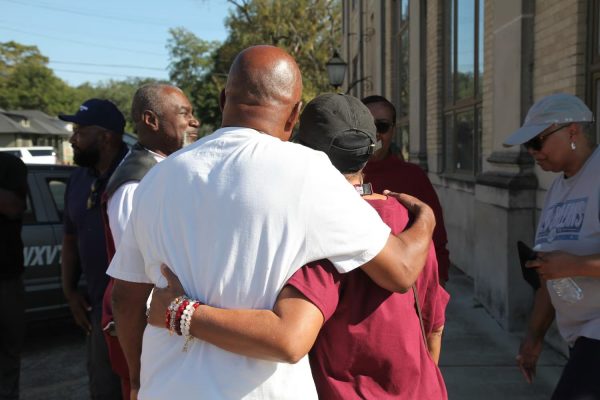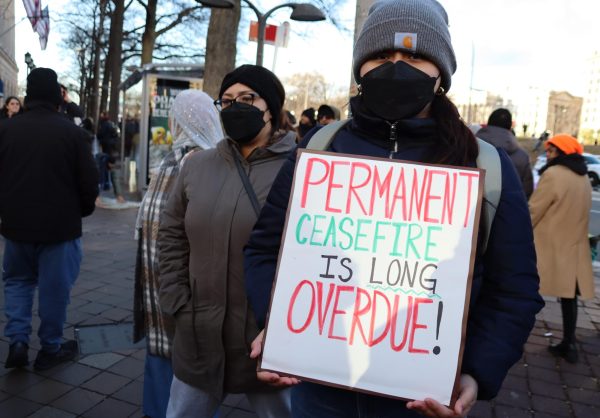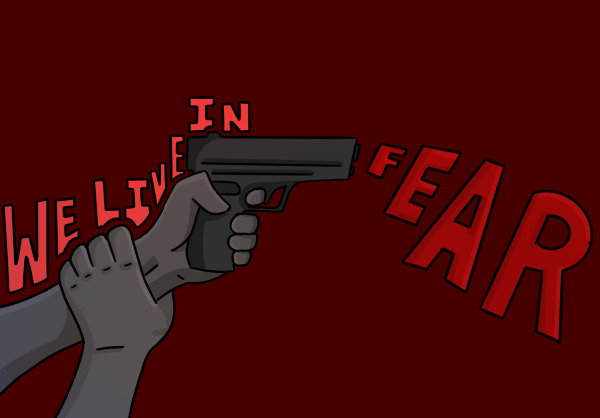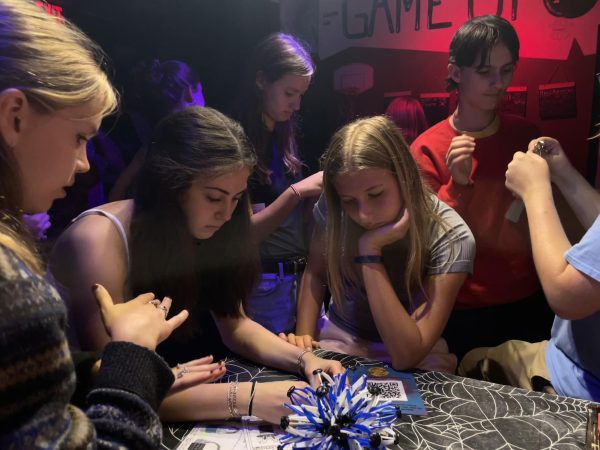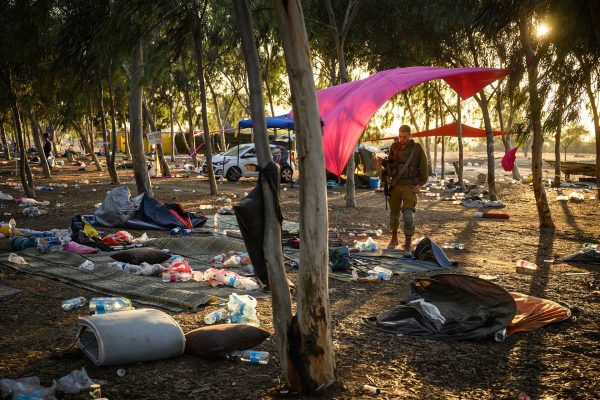Q&A: Emma Hoffman
Q: Tell us about your journey from working on the documentary “Welcome to Commie High” to becoming President of the Editors Guild at Columbia College.
A: I started working with Donald Harrison on “Welcome to Commie High” when I was a sophomore at Community. This was right when I was getting into film and editing, so comparatively, I definitely know a lot more about both how to use the technology and the professionalism that goes into everything that happens in the film world. Being a film that came out of Ann Arbor and [being produced] by a really small company, Seven Cylinders, that hadn’t done something of that scale. Now being in Chicago, they’re constantly in the loop of film festivals; having industry professional speakers come to our school; and seeing grad students go on to getting their films in circuits and put out on different distribution sites. It’s definitely opened my eyes to see how big the film industry is and how many different jobs and paths one can take. Back when I was in high school, I really thought there was just one straight line to “Oh, I’m gonna start making movies and I’m going to start editing them, and then I’ll get a job somewhere in LA, and hopefully make it big one day”. Now I’m realizing there’s plenty of different opportunities for me to make for myself, whether or not that’s in New York or Chicago or LA. I don’t really think I want to edit feature films anymore. I want to do motion graphics and color correction on music videos or experimental projects—a lot of personal development.
Q: How did you get interested in film in the first place?
A: I started to play around with film as a freshman at Community High School. I had a graphic design class and that was when I realized “Oh I have access to Premiere Pro and I can make movies, so why not?” That was when I started to do it for fun. I took a cute, little summer filmmaking class at the Michigan Theater with a couple of other friends. Even before then, I made stop motions with Barbies in middle school, so the passion for film has always kind of been there. Especially because I struggle with dyslexia: reading was never an escape for me because I couldn’t comprehend a lot of what I was reading. Film and television—visual storytelling has always captured me. My parents did a great job introducing me, at a young age, to really influential and powerful films like “Close Encounters”, “The Breakfast Club” and stuff like that. In high school, it became more apparent to me that I was going to have to pick a path that I’ll most likely be on for the rest of my life. That’s when I thought “Why don’t I do something that inspires me and has an endless amount of opportunities and different projects I can do.” The [deeper] I delved into it, the more that kept unfolding —the more I became absorbed. That’s where having someone like Donald [Harrison] where I can email him saying “Hey, there’s this opportunity and I don’t know what a film resumé looks like; Can you tell me if this looks good?” Having mentors to lead you through developing yourself creatively and professionally has been really fantastic for me.
Q: What makes film such a great tool for storytelling, in a way that other mediums (reading/writing) cannot?
A: Film is a really accessible medium because you can hear and see stories. When you see [information] on a screen; all of a sudden, you’re able to take it into account. We use our empathy and apathy a lot more when we physically see things. It’s powerful because a lot of us in the U.S. are trapped in our own bubbles and film being so widespread across the world, we are able to introduce people to other parts of the world, other cultures, and people of different identities. It’s a way to open up others’ eyes and make those experiences accessible. [Film] is a way to make people more open minded—seeing is believing. With yellow journalism and fake news, it’s hard to believe anything anymore. Once you see it, there’s something about it—even if it’s with movie cameras and big sets of lights, it connects people more.
Q: How do you feel like you’ve been using filmmaking as a form of storytelling?
A: I mean honestly, I feel like if you’re a filmmaker and you’re not trying to use it as a tool to communicate something important, then you’re not good at your job. Personally, I think everyone can have different passions, projects and goals to what they want to do if you just want to entertain someone that’s cool, but personally, I’m starting my thesis project next semester and I’m dedicated to working with women of different identities and getting our voices out there because the film industry is really male dominated, so women and particularly women of color do not get their stories out as much. My focus is women’s stories, and especially women’s issues. Last semester, I did a project that was an interactive video— if you’ve seen Bandersnatch on Netflix, you can choose the different paths you take. For that, I used the story of my personal struggles with an eating disorder, which is something that most women struggle with at some point in their life. I have used filmmaking to bring awareness to issues that women tend to face. That’s my goal as a filmmaker and it changes, you know, as we go through our passions. I’ve seen people here [at Columbia College] that have made videos on human trafficking and sexual assault. I’ve seen people do identity videos about their heritage—where do you fit in in a city or a suburb or in the country. I definitely think if you’re into filmmaking, you have to figure out what you’re trying to communicate and whether or not it’s a simple story. Even if you don’t think you’re trying to communicate something deeper, there almost always is something deeper and you have to figure out what that is.
Q: How are you able to ensure that your film is genuine and accurate?
There have been plenty of times where I’ve worked with people and thought, “I really like what you’re saying but this part isn’t genuine, or explain to me what the thinking is behind this part because I’m not following. I feel like by doing that collaboration and checking out everyone else’s perspective, the accuracy of the situation, and figuring out how to communicate that most projects end up with that genuine state. Nowadays, there’s still going to be issues with representation on set. It’s mostly still white men, but as more and more people make it a priority to get women; people of color and people of other gender and sexual identities onto their sets and behind the camera, it’s only going to make more and more authentic films. My strongest tool since coming to college has been saying no; there have been so many times in high school where I was so eager to get work experience and develop a portfolio, so I said yes to any project. Most of the people I worked with were guys in my grade; I loved most of them, but sometimes we worked on things where I thought, “Okay yes this is strictly fun and yeah I’m enjoying myself because I’m doing something I love but at the end of the day I didn’t feel like I accomplished anything. Now, I am in a position where I know plenty of other filmmakers and people I want to work with. Being in the Editors Guild we constantly get students coming in with projects looking for people in all different areas; whether or not you’re an editor doing motion graphics or sound design fully or anything like that: There are enough opportunities where I can say no. You have to put your own interests above.
